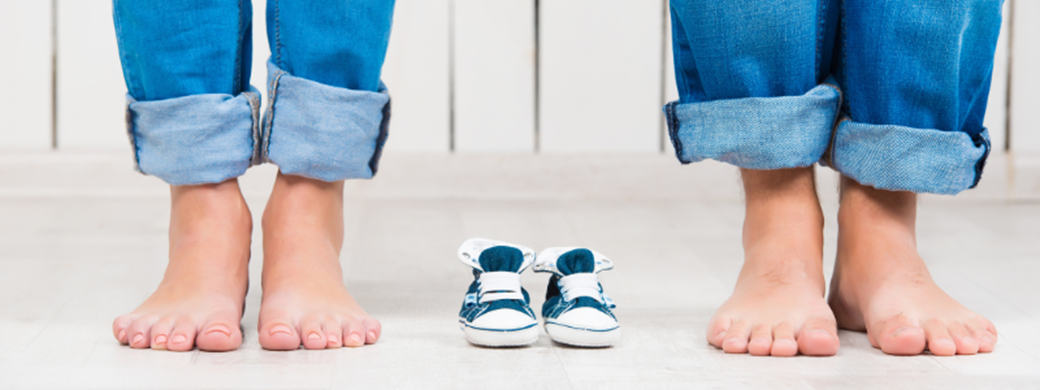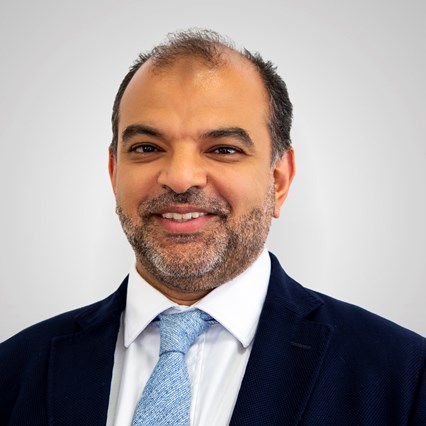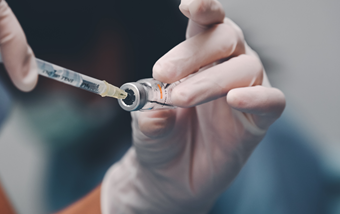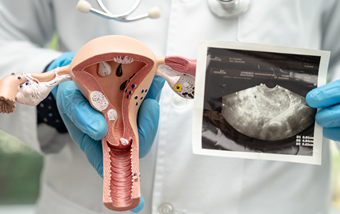If you are planning to start IVF treatment and want to help another woman on her journey to motherhood, egg sharing may be the right option for you, with the added benefit of saving money on your own IVF cycle.
What is egg sharing?
With egg sharing, you donate half of the eggs you produce in one cycle of IVF to someone who cannot conceive with their own eggs. The other half of the eggs are kept and used for your own IVF treatment.
Why donate eggs?
There is a huge shortage of donor eggs in the UK, meaning that many women and couples often may not get the chance to try to have a child unless some women make the altruistic decision to donate their eggs.
There are many reasons why women might need donor eggs, such as experiencing early menopause, a low egg reserve or becoming infertile after life-saving cancer treatment, which means conception via a donor egg is the only viable option for them.
Although the driving factor should be the altruistic approach, an egg sharing cycle does come with a discount to regular IVF treatment, with a cycle costing £750. Before making the decision to share your eggs, however, women and couples should be aware of the regulatory, legal and clinical factors involved. It is important to understand all the facts before making such a big choice. We want you to be certain that donating is right for you, so we offer every potential donor the opportunity to speak with an independent counsellor so that you can be sure about the decision that you are making.
Who can share their eggs?
Egg sharing at abc ivf is open to all women, including heterosexual and lesbian couples, and single women. If you are between the ages of 18 and 35, have a BMI between 18 and 30, are a non-smoker and have no medical concerns, you will be eligible to donate eggs.
You also need to have a good egg reserve, no previous history of low ovarian response to ovarian stimulation for IVF and to have both ovaries in place.
What is included?
With egg sharing, you will receive one cycle of IVF, including scans and blood tests as well as your screening and medication, at a cost of £750. If you require ICSI treatment, there is a further charge of £600.
What happens in the egg sharing process?
The egg sharing process starts off like a standard IVF cycle – you’ll have an ultrasound scan and consultation to assess your fertility health and ensure you are suitable for egg sharing, before you are given the medication you need for your IVF cycle. You’ll also have the opportunity to speak to a fertility counsellor at any stage, to ensure you are comfortable with every aspect of the egg sharing process.
When your egg sacs are matured, you then go through the egg collection procedure – this takes about 45 minutes, and is done under sedation. Once it has been confirmed that enough eggs have been collected, half of the eggs will go towards your treatment, and the remaining half will be donated. If an odd number of eggs is collected, the extra egg goes to you.
The recipient of your eggs will be given non-identifying information about you, such as your hair and eye colour, to help them choose whose eggs they would like. If you wish, you can write a short description of yourself or a message of goodwill to be shared with the recipient.
Important things to consider when sharing your eggs
Egg donation is an incredible act of kindness, but there is also a lot you will need to consider. Donating half of the collected eggs does mean that if your cycle of IVF is unsuccessful, you will no longer have access to the eggs you donated.
Furthermore, in order to share your eggs, at least 8 eggs will need to be collected from your cycle. If less than 8 eggs are collected, you can continue with your own IVF cycle but will need to pay for the full price of standard treatment.
It’s also important to make sure you fully understand UK donor anonymity laws. These laws mean that children born as a result of egg (or sperm) donation have the right to find out specific information about the donor once they reach the age of 18, a factor that is particularly important to keep in mind when considering sharing your eggs. You are entitled to know about any babies born as a result of your donation, but only whether the baby is a boy or a girl and their year of birth.
Egg sharing is certainly a big decision to make, so we recommend speaking to professional, independent counsellors throughout the process – at abc ivf, we have a team of counsellors who will be on hand to help at any stage of the journey.
If you like the sound of helping somebody else become a parent and you think that egg sharing might be the right option for you, contact us today.




